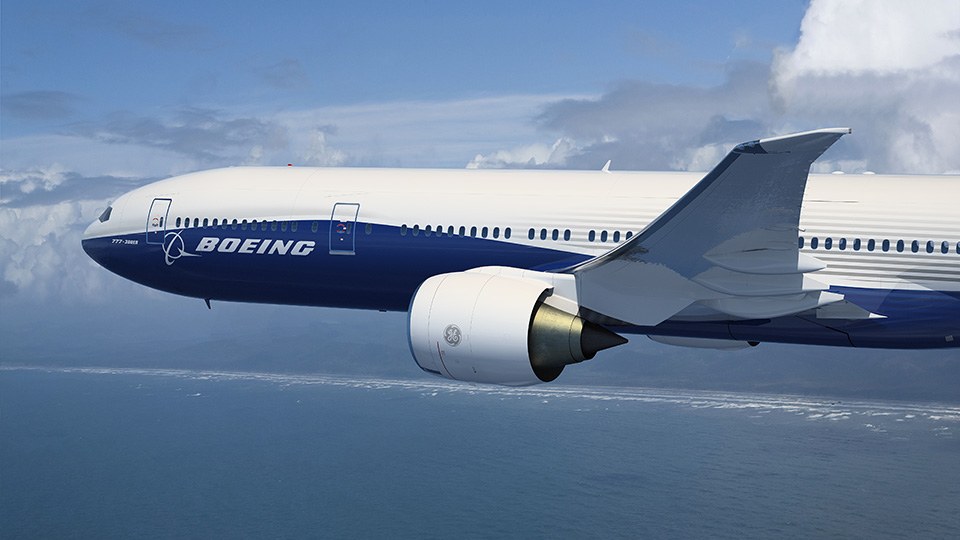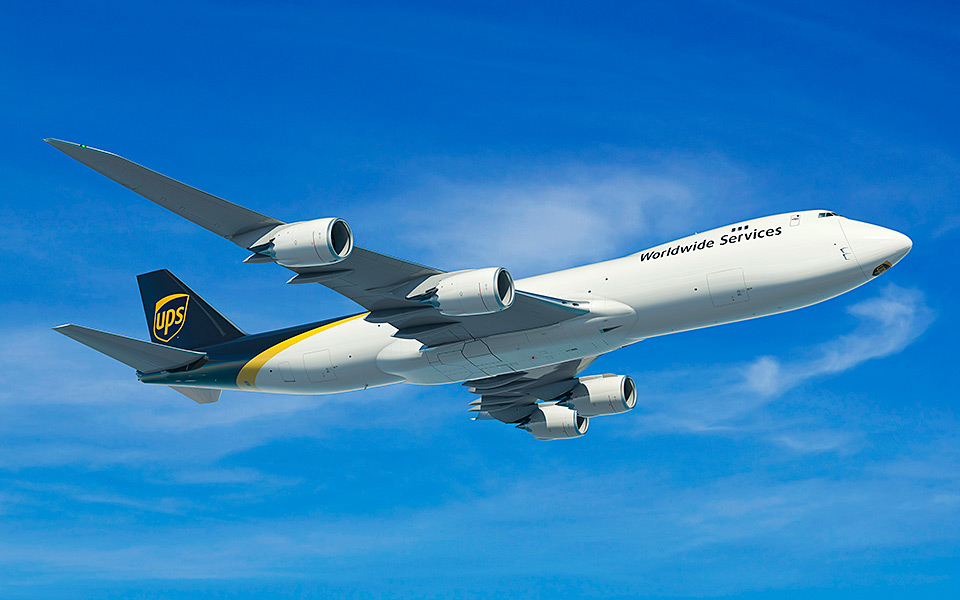Leeham News and Analysis
There's more to real news than a news release.
- Airbus FY2025: Not happy with Pratt & Whitney
- Airbus leans toward launching “A220-500”, but faces challenges
- Privatizing Air Traffic Control: Why Canada’s Success Story Won’t Work Here
- Safran hails ‘outstanding’ 2025; prepares for Airbus ramp-up
- Bjorn’s Corner: Faster aircraft development. Part 27. Where Speed-Up gets Tough.
Clouds overhang Bombardier ahead of earnings call
Subscription Required
Introduction
Nov. 9, 2016, © Leeham Co.: Bombardier reports its 3Q2016 and nine month earnings Thursday and as the year prepares to enter its last 45 days, disappointment hangs over the company and the stock.
Summary
- Despite winning firm orders for the CSeries from Air Canada and Delta Air Lines early in the year, no other new orders have been announced.
- Deliveries of the CSeries will only be about half those projected, due to engine delivery delays from Pratt & Whitney.
- The $1bn investment from the federal Canadian government hasn’t been achieved, but an announcement may come as early as next week that an agreement has been reached.
- Boeing revised the design of the 737-7 to sit “right on top of” the CS300.
- Embraer (Brazil) is taking the government bailout of CSeries to the World Trade Organization (WTO) in inquiries, with the USA lending support.
Posted on November 9, 2016 by Scott Hamilton
Boeing sees wide-body market recovery from 2020
Subscription Required
Introduction
Nov. 3, 2016, © Leeham Co.: Boeing may have solved its pressing problem of largely filling the production gap for the 747-8, but there is still a long way to go for the

Boeing 777X. Boeing’s view of the wide-body market has shifted. Once it thought a strong market through 2020. Now it sees recovery in demand from 2020. Boeing photo via Google images.
777.
Boeing Co. CEO Dennis Muilenburg said last week the production rate for the 777 Classic may need to come down another 1-2 per month from the previously announced 5.5/mo if sales don’t pick up.
Despite a pending order for 15 from Iran Air and the perpetual sales campaigns, Muilenburg otherwise painted a picture about wide-body demand that is anything but rosy.
Summary
- Boeing no longer sees strong demand for wide-bodies through this decade. Recovery won’t resume until the start of the next decade.
- Thus, successfully bridging the 777 Classic to the 777X becomes more challenging.
- Investors yawn at more potential 777 production rate cuts.
Posted on November 3, 2016 by Scott Hamilton
UPS order tops off 747-8 line through 2020

UPS Boeing 747-8F. Source: Boeing.
Subscription Required
Introduction
Oct. 31, 2016, © Leeham Co.: Last week’s order for 14 Boeing 747-8Fs and 14 options by UPS assures continuation of the program through 2020.
If options are exercised, and if previously announced deals with other customers finally are consummated, the program should continue at least well into the 2020 decade.
Summary
- UPS (but not Boeing) revealed the delivery timeline for the order.
- The mysterious Volga-Dnepr/AirBridgeCargo that was announced at the Paris and Farnborough air shows for up to 20 747-8Fs still hasn’t been firmed up. Only four are listed on the Boeing website this year.
- Iran Air will order four 747-8s under the reported terms of the agreement with Boeing. The US government blessed the deal recently.
- The first of three 747-8s for the presidential fleet is now scheduled for delivery in October 2017, it’s believed.
Posted on October 31, 2016 by Scott Hamilton
Pontifications: Hawaiian Air ponders A380
Oct. 31, 2016, © Leeham Co.: Hawaiian Airlines continues to ponder the possibility of acquiring one or two Airbus A380s, its CEO said on the third quarter earnings call—something that raises eyebrows and a lot of questions with industry officials.
Mark Dunkerley, responding to a question on the call, said there are two or three routes that could support the giant A380.
Posted on October 31, 2016 by Scott Hamilton
Bjorn’s Corner: Turbofan engine challenges, Part 1
October 28, 2016, ©. Leeham Co: Before we go into the details on the innards of airliner turbofans, we will look at some basics. We do that so that everyone is on the same page.
A turbofan engine generates thrust by pumping air out the back of the engine. This air has a higher speed than surrounding air. Air is actually quite heavy: it weighs 1.2kg per m3 at sea level. By kicking out air at an overspeed in relation to the aircraft, thrust is generated.
In a modern turbofan, the kicking gets done by the fan to 80-90% in the modern By Pass Ratio (BPR) 8-10 engines. A single aisle engine generating 10 tonnes of thrust throws around 350kg of air per second backwards at close to sound speed in a take-off situation. To drive the fan to do that, there is a lot of shaft horse-power needed, around 30,000hp.

Figure 1. Work cycle for jet engine/turbofan core compared to car engine. Source: Rolls-Royce book “The Jet Engine.”
These hp are generated by the core. The thermodynamic cycle to generate all these hp in a jet engine or turbofan core (we call both a gas turbine) is like the one in a normal car engine, Figure 1, with the difference that it is a continuous cycle.
We will now go through this cycle in steps. Read more
Posted on October 28, 2016 by Bjorn Fehrm
Counting down to 737-10, NMA
Subscription Required
Introduction
Oct. 27, 2016, © Leeham Co.: Boeing faces decisions in the near term on whether to proceed with the 737-10 stretch of the MAX 9 and the New Mid-range Airplane (NMA) to serve the Middle of the Market sector (MOM).
The 737-10 is intended to compete with the Airbus A321neo, stemming significant bleed at the top end of the 737 line.
The NMA will address the top end of the MOM sector, carry more passengers and have more range than the Boeing 757 and A321neoLR.
Boeing still has critical issues facing it before proceeding with either airplane.
Summary
- A simple stretch to create the 737-10 has technical and operational issues.
- The proposed date for entry-into-service still gives Airbus an insurmountable lead.
- The market for the 737-10 remains limited. Is the return on investment there?
- The market for the NMA is identified in the abstract—but price will be a key driver.
Posted on October 27, 2016 by Scott Hamilton
Visit to Bombardier for airBaltic CS300 roll-out
By Bjorn Fehrm
October 27, 2016, ©. Leeham Co: This week we have been at Bombardier (BBD) Mirabel Airport outside Montreal to observe the roll out of the airBaltic CS300 CSeries model and to later test fly the aircraft at BBD’s Wichita facility.
The preparation for the test flight and the flying experience will be described in subsequent articles.
airBaltic will take delivery of the first CS300 by the end of November. This event was for Baltic media to see the aircraft and its final livery for the first time. It was fresh from the paint shop. The group also was able to see the CSeries Final Assembly Line (FAL) and to ask questions to airBaltic CEO Martin Gauss.
Posted on October 27, 2016 by Bjorn Fehrm
Boeing beats estimates on one-time gains
![]() Oct. 26, 2016: Boeing Co. beat analyst estimates on one-time gains but also reported that it raised earnings guidance for the full year.
Oct. 26, 2016: Boeing Co. beat analyst estimates on one-time gains but also reported that it raised earnings guidance for the full year.
The press release with full details is here.
Revenues were down 2% year-over-year to $72.1bn. Operating earnings fell 42% to $3.65bn but net earnings fell only 21% due to gains related to taxes. Commercial deliveries were down by 17 airplanes as Boeing transitions from the 737NG to the 737 MAX.
Posted on October 26, 2016 by Scott Hamilton
Morocco grows its aerospace cluster
Oct. 27, 2016, © Leeham Co.: Morocco is emerging as a major aerospace supplier, taking advantage of its location to Africa and the Middle East and low wages.
A wide spectrum of international aerospace companies is located there. Bombardier in August announced it was moving some of its aerospace jobs from high-cost Northern Ireland to low-cost Morocco.
Airbus has been in Morocco for 10 years. United Technologies and Safran are among other internationally recognized names in aerospace that are there.
When Boeing announced an agreement Sept. 27 with Morocco to expand its relationship with the North African country and pledge to encourage 120 suppliers and thousands of jobs there, it attracted little notice in Seattle, home to Boeing Commercial Airplanes.
Posted on October 25, 2016 by Scott Hamilton
Less desirable aircraft for lessors
Subscription Required
Introduction
Part 3: Oct. 24, 2016, © Leeham Co.: Lessors select aircraft to add to their portfolios based on several basic criteria:
- Is it a good airplane?
- How are the economics?
- Is there, or will there be, a broad customer base?
- How “liquid” is the airplane?
- How broad is the customer base?
- Reconfiguration costs.
- Commercial terms of the acquisition.
Lessors often conclude that while an airplane may be good technically and perfectly acceptable for airline use, failure to meet their specialized key criteria—notably liquidity and customer base—they may pass on the aircraft.
Summary
- A surprising number of in-production jets and those in development don’t make a lessor’s list of desirable leasing assets.
- The planes all are technically good aircraft.
- Markets may evolve for some of the aircraft on the list.
Posted on October 24, 2016 by Scott Hamilton




